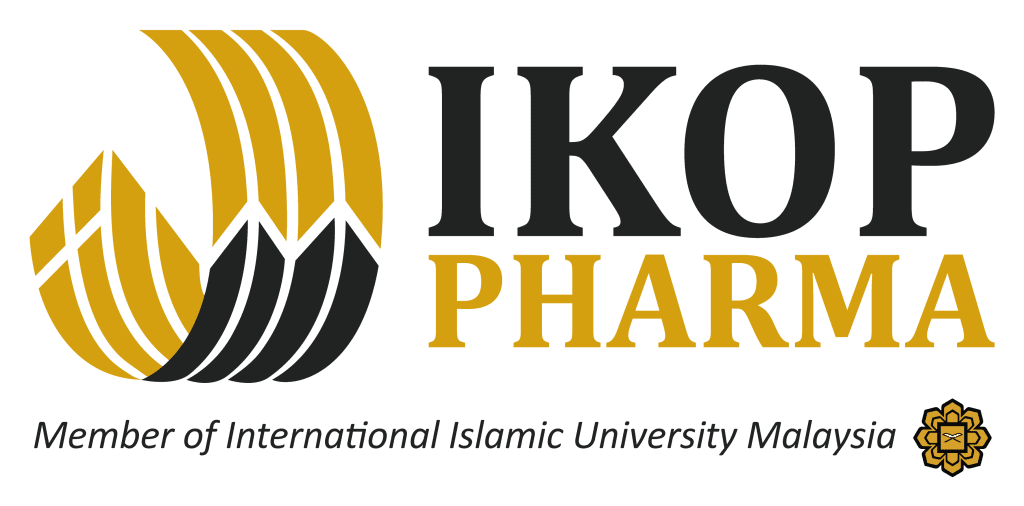Category: News
Latest News
“Dirgahayu Tuanku! Selamat Menyambut Hari Keputeraan Kebawah Duli Yang Maha Mulia Sultan Pahang pada 30 Julai 2024. Semoga Pahang terus makmur dan sejahtera di bawah naungan Tuanku. Daulat Tuanku, Daulat Tuanku, Daulat Tuanku!”
Sorry, but nothing was found. Please try a search with different keywords.
